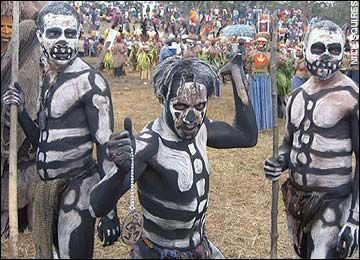In our village periods are cursed
- Calvin Caltoto
- Apr 4, 2024
- 2 min read
Updated: Aug 15, 2024

Image by: Menstrupedia
The smoky aroma of mandazi, a sweet fried dough, filled the air as Mamei hesitantly dipped a calloused finger into the chipped enamel mug. We were huddled in the dimly lit back room of Mama Ngina's shop, a haven for women seeking solace and gossip amidst the bustling Nairobi market. Mamei, a newcomer with eyes that held the vastness of Uganda's savannas, stirred her tea nervously.
"In our village," she began, her voice barely a whisper, "a woman on her moon blood is considered unclean." A collective gasp rippled through the women, seasoned faces etched with a mix of disbelief and sorrow. Mama Ngina, a formidable woman with a booming laugh and a mane of silver hair, patted Mamei's hand reassuringly.
"Tell us, child," she prompted gently.
Mamei unfolded her story like a crumpled cloth. Her father, a revered scholar who defied tribal norms, had tried to reason with the elders. He'd explained the science behind menstruation, a natural cycle not a curse. But tradition held an iron grip. When Mamei reached womanhood, the whispers started. Fearful glances followed her, and participation in communal activities ceased. Her isolation grew, a heavy cloak stifling her spirit.
One moonlit night, her father, his face etched with worry, announced their departure. "Kenya," he whispered, "a land where progress walks hand-in-hand with tradition." The journey was arduous, a desperate scramble for a life where Mamei wouldn't be ostracized for a biological fact.
Nairobi was a whirlwind compared to the quiet village life. The cacophony of the market, the press of bodies, the towering buildings – it was overwhelming, yet strangely liberating. Here, women walked freely, their heads held high, regardless of their monthly cycle. Here, sanitary pads weren't seen as taboo but as a necessity.
Mama Ngina, touched by Mamei's tale, reached into a drawer and pulled out a small, discreet package. "These are always welcome here, child," she said, her voice thick with emotion.
The other women, moved by Mamei's courage, shared their own experiences. Amina, a fiery Somali woman, spoke of defying a forced marriage at a young age. Asha, a soft-spoken Kenyan, recounted her fight for an education against societal pressures. The room thrummed with a quiet power, a testament to the resilience of women who dared to break free from the shackles of tradition.
As Mamei sipped her tea, a newfound spark flickered in her eyes. The fear had receded, replaced by a glimmer of hope. She wasn't alone. In this makeshift sisterhood, she found not just acceptance but a wellspring of strength. Together, they were a tapestry woven from diverse threads, yet united in their fight for a future where menstruation wouldn't be a curse, but a natural part of being a woman.
Their stories, shared in the smoky haze of the backroom, became a promise. A promise to rewrite the narrative, to chip away at age-old traditions, and to create a space where girls like Mamei wouldn't have to flee their homes, but could bleed freely, with dignity.



Comments